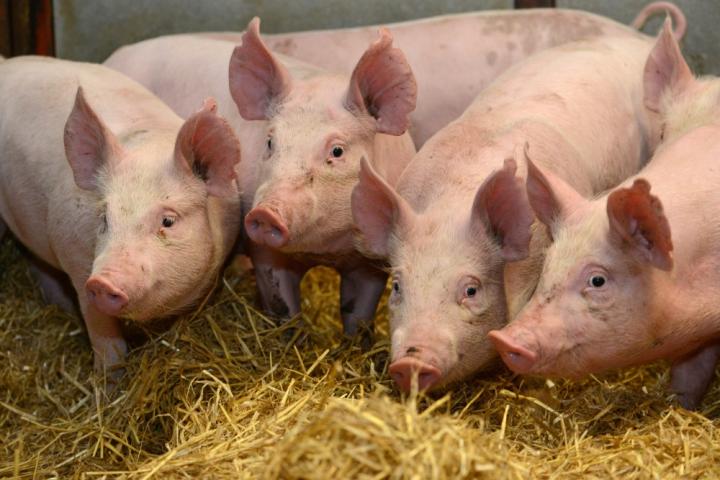Response to UK Government’s gene editing consultation
The Roslin Institute has published its written response to a national initiative seeking views on gene editing.

The Roslin Institute has responded to the UK Government’s public consultation on the regulation of gene-editing technologies.
Our response is focused on our experience of fundamental and applied research using gene editing, and its potential applications to improve livestock and aquaculture production and sustainability.
Selective breeding practices have significantly improved the productivity of farmed animals, particularly in the past century, reducing the feed required per animal and consequently the carbon footprint of each animal raised.
Modern selective breeding programmes are both effective and sustainable, and their applications have been expanded to include a focus on improving animal welfare.
However, some characteristics of farmed animals are not easily improved by genetic selection. Gene-editing technologies offer new opportunities to improve traits of relevance to sustainable farmed animal production, including improving animal health and welfare, and reducing environmental impact.
These new technologies have the advantages of being specific by introducing a single, planned genetic change, with reduced potential for unplanned negative effects compared to other genetic engineering technologies.
Disease resistance
A major challenge for conventional breeding is genetic improvement for disease resistance, an important target for improving animal welfare and reducing environmental impact.
Roslin research has a major focus on using our knowledge of the fundamental biological mechanisms in major infectious diseases of farmed animals to make precise, specific genetic changes that block or otherwise mitigate infection.
This can be achieved by using gene-editing technologies, as we have shown by the production of pigs that are genetically fully resistant to infection by porcine reproductive and respiratory syndrome (PRRS) virus.
These pigs have a very small genetic change, are healthy, and cannot be infected by PRRS virus.
Our response outlines our reasons for proposing that gene-editing applications in animal breeding should not fall under genetically modified organism (GMO) regulations.
We recommend that any new regulations are proportionate, assess the outcomes of the genetic change in terms of animal welfare and any potential environmental impacts, but are not driven by the use of gene editing technology itself.
The Roslin Institute is in Scotland, where regulatory changes on gene editing introduced by the UK Government may not be implemented.
There is substantial industry and academic research and development into the application of gene editing, for example, to improve sustainable aquaculture production, a major Scottish industry, and we hope to discuss these opportunities further with the Scottish Government.
Gene-editing technology offers the potential to efficiently enable beneficial changes in DNA. Within animal agriculture, genetic engineering technologies hold great potential in mitigating disease, improving the welfare and productivity of animals, and addressing a demand for animal products driven by population growth and climate change.
** The Roslin Institute receives strategic investment funding from the Biotechnology and Biological Sciences Research Council and it is part of the University of Edinburgh’s Royal (Dick) School of Veterinary Studies. **


